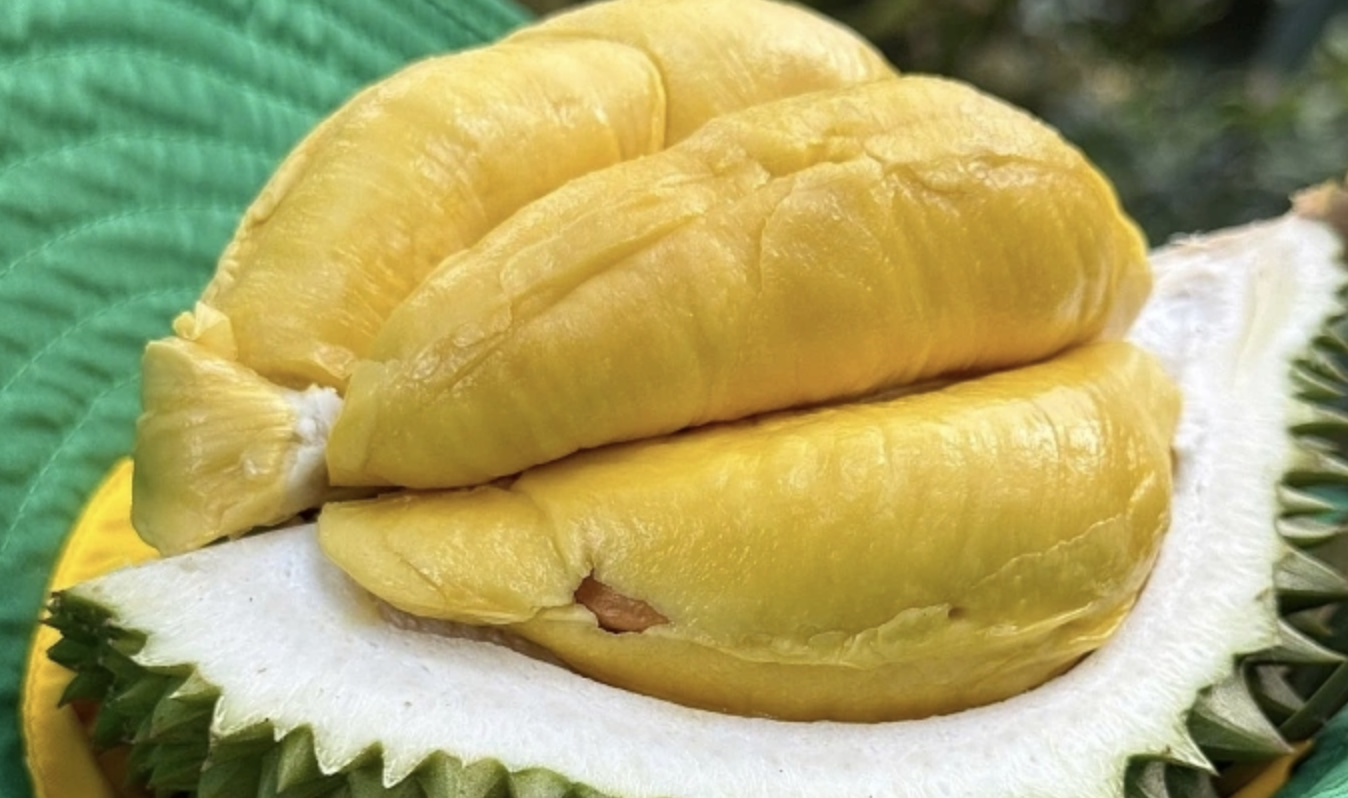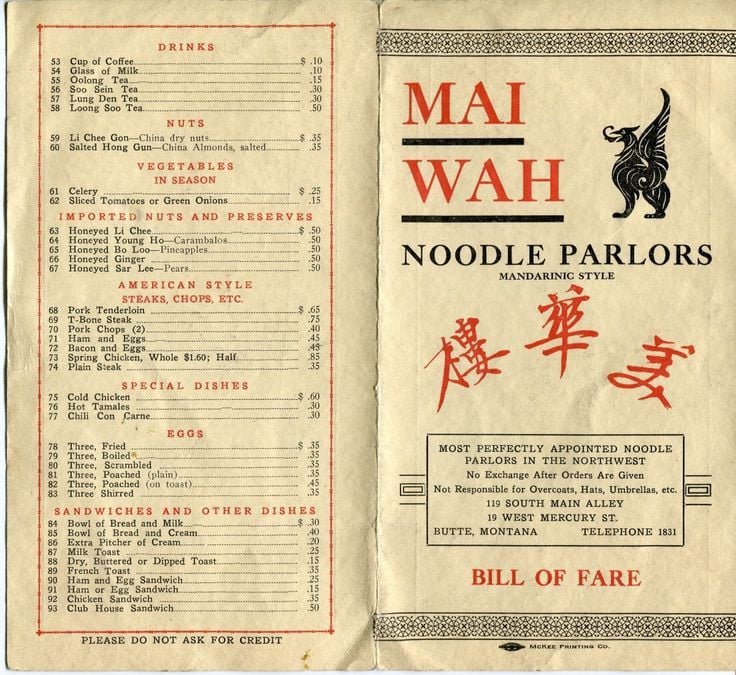Battling early fears surrounding the coronavirus epidemic, the Chinese internet quickly deployed a barrage of self deprecating memes, and later, during a widespread lockdown, creative coping mechanisms to pass the time.
But outside of China, attitudes on social media have taken an uglier turn: rumors and racist rhetoric are spreading faster than the virus itself.
When early reports came out that the novel coronavirus (2019-nCoV) had possibly originated from wildlife sold at a wet market in Wuhan, many netizens jumped to blame Chinese eating habits. Once bats were singled out as a possible carrier of the virus, a video of a Chinese woman eating bat meat started widely circulating at the start of the outbreak as filmed in a “Wuhan restaurant,” and galvanized people into blaming Chinese eating “disgusting” food as the source of the epidemic.
Though coronaviruses like SARS and MERS are typically zoonotic in nature — transmitted from animals to humans — the exact origins of 2019-nCoV are still as of yet hazy and, experts agree, are more likely to have started from direct contact with animals than from “bat soup.” Still, new information is unearthed daily.
The woman, Wang Mengyun, later apologized and explained that the video was filmed not in China, but in Palau, Micronesia four years ago for her online travel show, and ripped and re-circulated without her knowledge. Yet even now, comments on social media featuring Chinese restaurants — and even, as Vice reports, non-Chinese food vlogs featuring Asian-looking hosts — as well as a steady stream of daily tweets, still reference widespread bat eating or “bat soup.”

Wang Mengyun’s infamous “bat soup” video (image: YouTube)
The discriminatory chatter has grown so loud that it’s affecting immigrant and second-generation Asian businesses. In Ontario, the owner of a Wuhan Noodle restaurant told The Star that the family business tanked after people began to spread racist comments and false information about its food online.
And after a patient tested positive for 2019-nCoV in Irvine, California, online rumors started flying about Asian-owned businesses in the area being infected by the virus.
Omg holy shit look at this email I got from lollicup. Y’all gotta stop being dumb even my boba is telling me you’re being dumb pic.twitter.com/fTL1OhBMpI
— Amycakes ??【=◈︿◈=】 (@amycake5) January 30, 2020
In nations like the US, how Chinese food is and has been perceived is rooted in the historical treatment of its immigrant population. Stereotypes painting Chinese immigrants as “unhygienic” were used to justify their treatment as second-class citizens, and food was largely seen as the same.
And for mainland China, lingering stereotypes and misunderstandings about what China eats have fueled speculation about what may be at the source of the virus. Though people familiar with China point out that eating wildlife is not a widespread practice, and people are now more likely to be pet owners than to eat dogs, some corners of the internet seem reluctant to believe otherwise.

The backlash quickly reached Chinese social media, where netizens’ responses have been just as confused and conflicted. “I can’t figure out why some people eat bats,” one user lamented on Chinese social media platform Weibo. “Why would you eat bats?” another wrote. “Are you expecting to fly?”
“I don’t know why suddenly people have started to say that Hunan and Hubei are famous for eating game. I’ve never heard of anyone eating bats,” wrote another. “There are no bat dishes in Hubei.”
The discussion about food has since become absorbed in a larger tide of anti-Chinese sentiment (and in some cases, anti-Asian sentiment) through which long-held fears and prejudices about hygiene, health, and culture are resurfacing. Unfortunately what starts as online rhetoric can easily snowball into more serious action offline.
Chinese living abroad have complained of being treated “like they have the plague,” which led French-Chinese to counteract with the hashtag “#JeNeSuisPasUnVirus.” (Many recall facing similar attitudes when the SARS outbreak was happening in 2003.) Businesses in multiple countries have come under fire for refusing to serve Chinese customers, while there have also been calls to boycott businesses, products and neighborhoods that typically have Chinese residents or, really, anything to do with China. And in times of fear and ignorance, history tells us that it takes very little for hostility to break out into violence.
From journalists and doctors to restaurateurs like Eddie Huang and actors like Shang-Chi star Simu Liu, many have taken to Twitter to speak out against it.
Can I have like one day where nobody says anything racist I just want to go back to making dumb jokes about sloths pic.twitter.com/le2m7jsoGd
— Simu Liu (@SimuLiu) February 2, 2020
And in China, that response hasn’t gone unnoticed. A recent post on Weibo, which has since garnered over 79,000 likes, read:
“The new coronavirus is raging, and the video of Chinese eating bats is spreading on Twitter. As a Chinese person, you panic. You want to set yourself apart and tell people who might misunderstand: ‘I’m Chinese, but I never eat wild animals!’ […] You suddenly see someone has tweeted: ‘It is the coronavirus that is killing the Chinese, not the Chinese virus threatening the West. The virus knows no borders. Please pay attention to your words.’ […] Only when you become weakened yourself, do you realize how important political correctness is.”
Related:
 No, You Won’t Find “Wild Animals” in Most of China’s Wet MarketsUnder increased scrutiny after Covid-19, China’s wet markets are actually as different as the regions in which they’re foundArticle Feb 25, 2020
No, You Won’t Find “Wild Animals” in Most of China’s Wet MarketsUnder increased scrutiny after Covid-19, China’s wet markets are actually as different as the regions in which they’re foundArticle Feb 25, 2020
Wuhan coronavirus has currently affected over 20,000 people (as of February 4, 9:00am Beijing standard time). Though doctors and experts are working tirelessly to stop the virus from spreading, the spread of ignorance may prove much harder to stem.
Header image: Unsplash

















